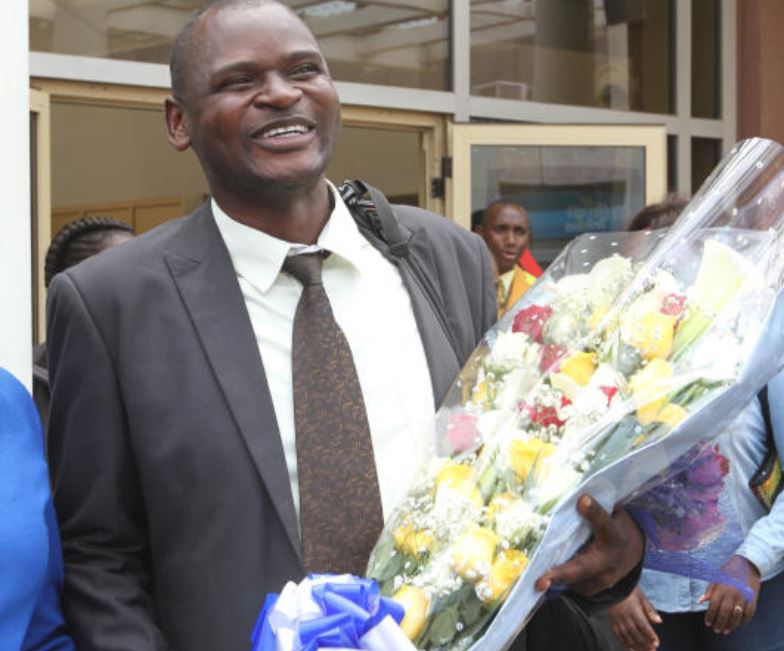×
The Standard e-Paper
Join Thousands Daily

Erick Ademba’s 17-year journey to be the best teacher in Africa began at Sori Secondary School in Migori County. As a Third Former in this school in 2002, Ademba admired his chemistry teacher Benjamin Omondi.
By his easy explanations of chemistry concepts, Omondi always made the subject fun to Ademba. By the time he was sitting his Kenya Certificate of Secondary Education (KCSE) exam in 2003, Ademba had decided to be a teacher.